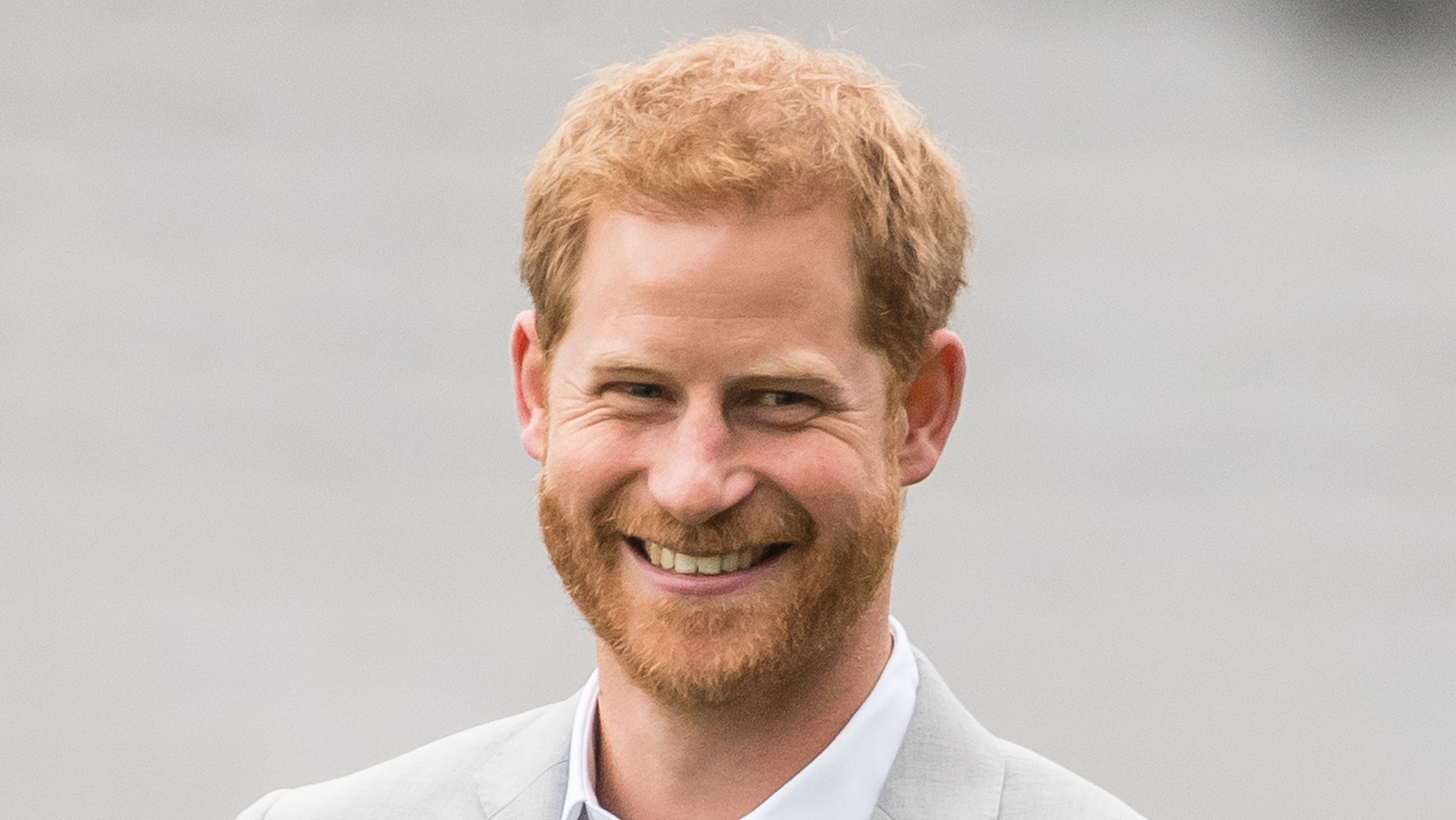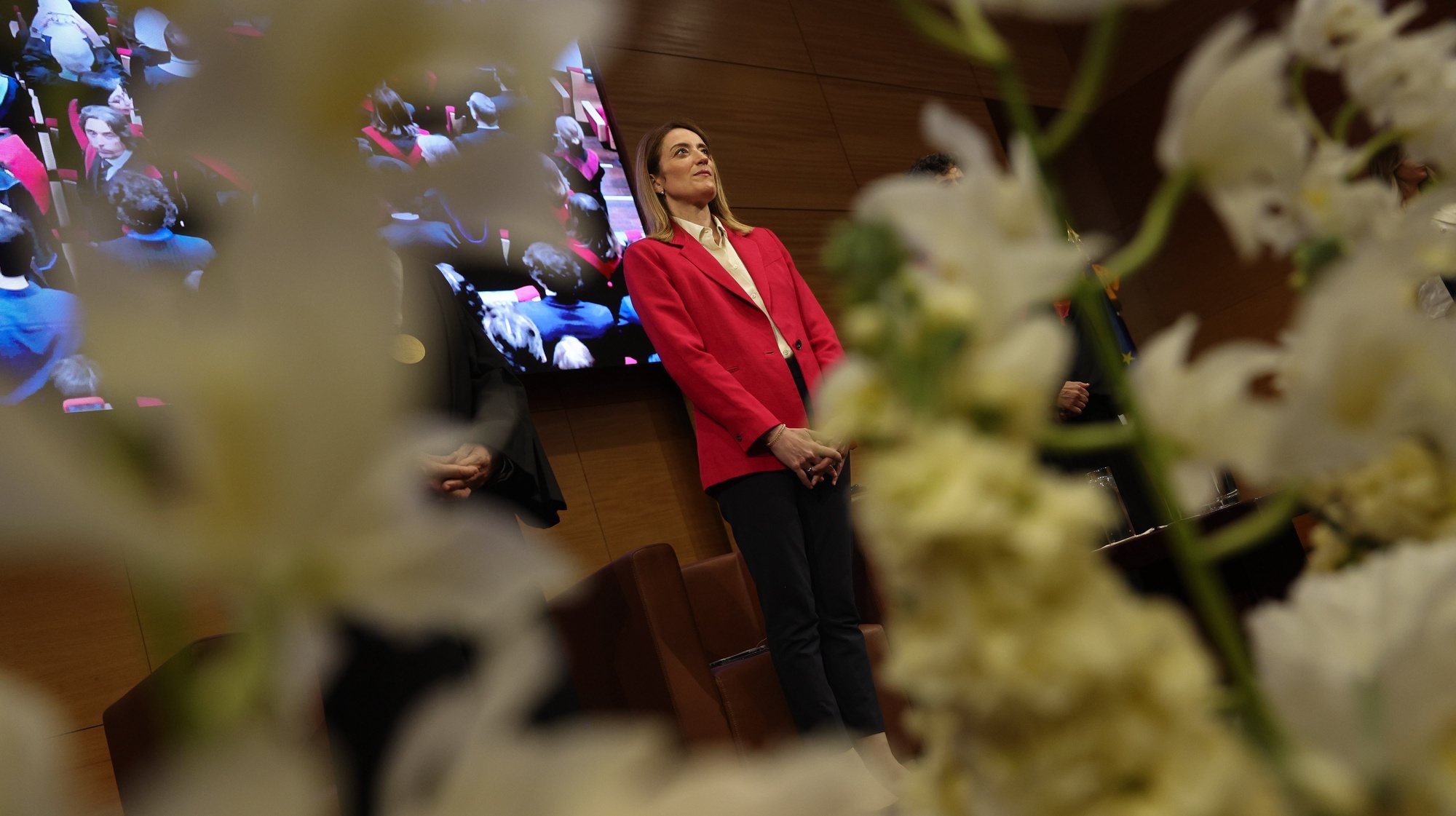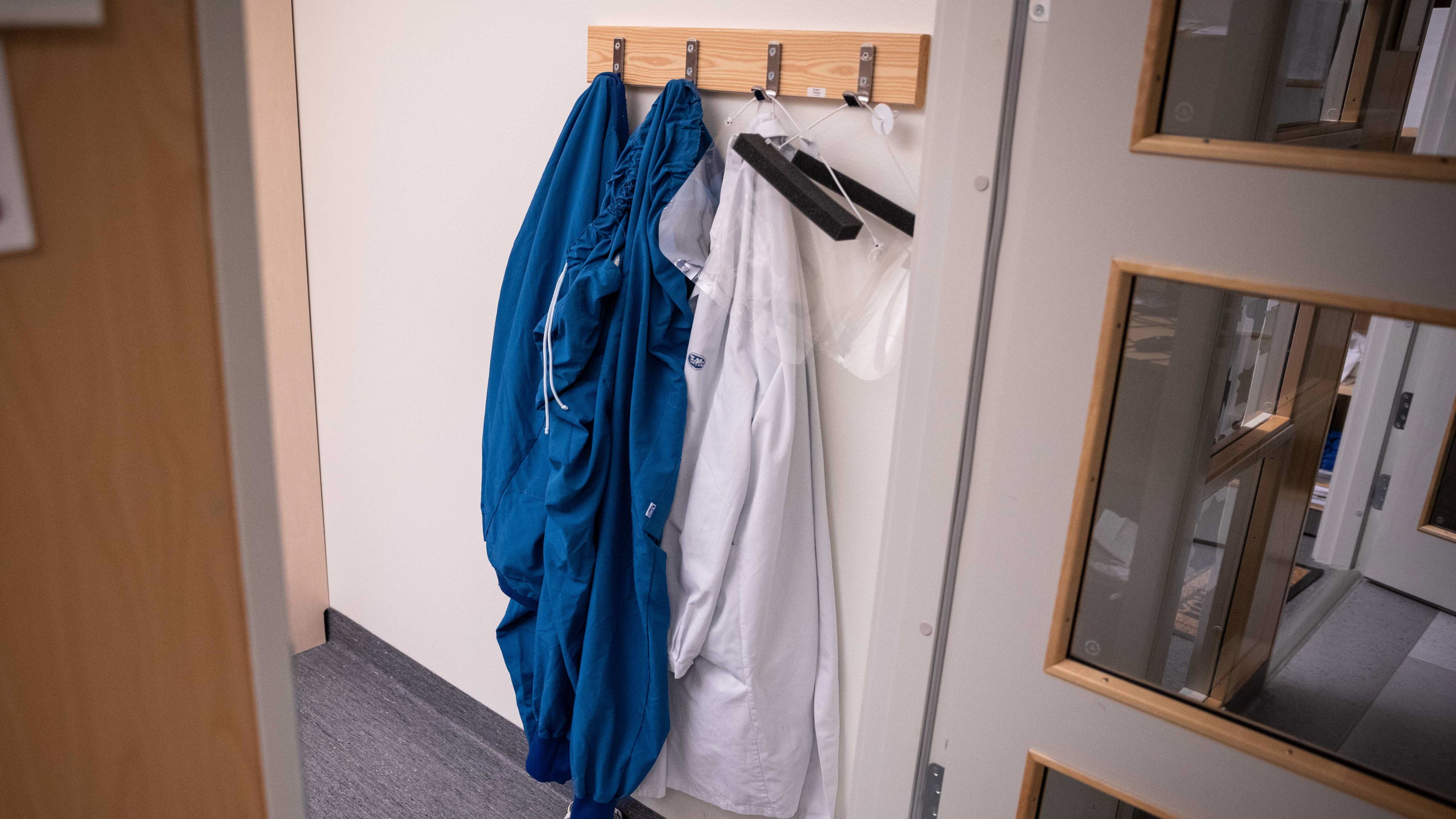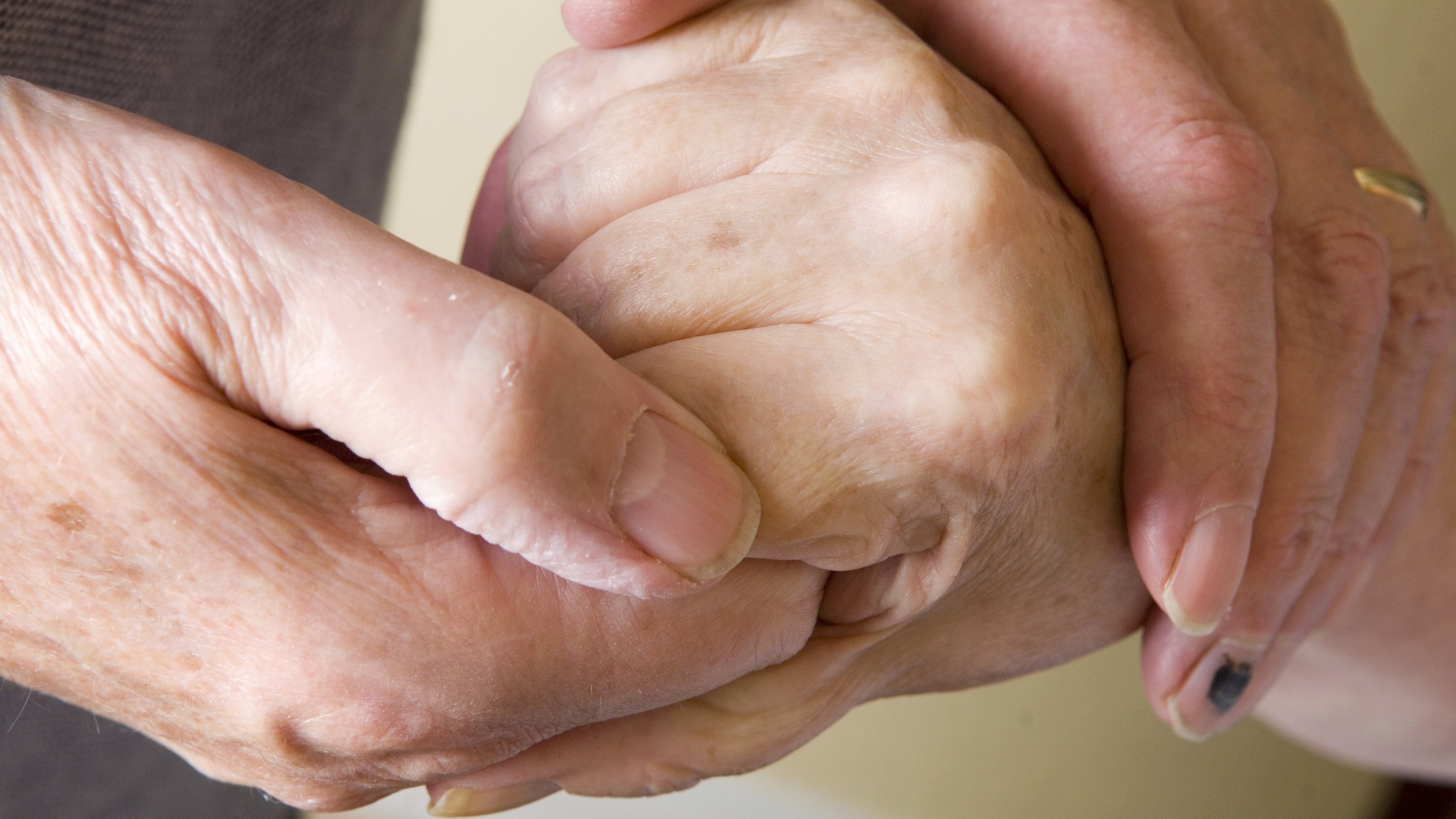Ontem, ao voltarmos a casa depois do jantar, por volta da meia noite, passou por nós na rua uma família com uma criança pequena, toda contente, empoleirada nos ombros da mãe. Recordou-me uma das razões principais por que adoro que as minhas filhas tenham crescido em Portugal. Neste país, as crianças são uma bênção, a todas as horas do dia e da noite, e fazem parte integrante da família. Podemos levar crianças a qualquer lado em Portugal. Podemos estar sempre todos juntos, se quisermos.
No Reino Unido, a história é muito diferente. Experimente levar uma criança pequena a um restaurante sem “ementa infantil” e muitas cadeiras altas de plástico, e sentir-se-á muito menos que bem bem-vindo. Há estabelecimentos que são designados “de família”, aos quais é permitido levar crianças e bebés. Sem excepção, são horrendos. Existem os “Restaurantes Familiares”, com menus infantis que fornecem comida de plástico saída do congelador, e os “Pubs Familiares”, com espaços para brincar feitos de espuma de borracha de limpeza fácil. “Familiar”, utilizado no título, designa normalmente um sítio com manchas pegajosas, com móveis de plástico ou espuma de borracha, onde o café é muito mau e um aroma de urina permeia tudo. São horrendos porque são os sítios onde vão TODAS as crianças, já que não há outros sítios onde elas possam ir. São horrendos porque agravam o horror que é a criançada toda a correr, a saltitar, a endoidecer, sempre em risco de partir o pescoços ou de lamber um vírus de vómitos nas superfícies dos insufláveis. Correr, saltitar e ser maluco são, obviamente, coisas boas, mas estas crianças confinadas a espaços próprios estão a ser privadas da experiência de serem membros de sociedade, embora pequenos, capazes de se adaptarem aos sítios onde se encontram no momento.
Cá em Portugal, este facto das crianças irem praticamente a todos os lados onde nós, os adultos, vamos (com excepção de eventos do tipo banquete da presidência ou bares e discotecas), torna a vida mil vezes mais fácil. Nunca levei as minhas filhas a nenhum restaurante, café, galeria ou loja onde não fossem bem-vindas. As crianças são adoradas aqui, por todos, até mesmo as crianças cobertas de ranho, como as crianças estão na maior parte do tempo.
E não é só uma coisa que acontece durante o dia. No Reino Unido, as crianças não são vistas fora da casa a noite. Em Portugal, se uma pessoa precisa de ir ao supermercado à noite, pode levar as crianças. Se sai para jantar, pode levar as crianças. Se vai a uma festa, pode levar as crianças (bem, dependendo da espécie de festa, claro). Toda a gente se dá com toda a gente, os adultos fazem o que fazem, e as crianças fazem o que fazem, e todos se divertem.
As crianças em Portugal adaptam-se a noites longa, e não fazem essa coisa que tanto irrita, que é ficarem insuportavelmente rabugentas só porque já passaram dez minutos sobre a hora em deviam ir para a cama. Assim — e esta é a parte importante–, a nossa vida é muito mais fácil e mais agradável. As crianças habituam-se a cenários sociais desde a nascença e aprendem, mais ou menos, o que é o comportamento certo para esses vários cenários.
As crianças pequenas no Reino Unido já estão na cama muito cedo, uns desde as 19h, dependendo da idade, e não fazem parte da “Noite Britânica”.
Muitas vezes ouço pais britânicos a queixarem-se de que os filhos os acordam às 5h de manhã. A resposta óbvia seria dizer-lhes para meterem os seus queridos rebentos na cama mais tarde (ou deixarem de se queixar, porque se enfiam uma criança na cama as 19h, é muito provável que esta vá estar a saltitar na cama dos pais às 5h para que lhe sirvam o pequeno almoço e lhe liguem o DVD de “Frozen”). Mas isso seria uma heresia. Seria não-britânico. É suposto as crianças dormirem toda a noite. As noites são para apenas os adultos. “Preciso do meu tempo de adulto!!”, gritam eles todos.
No Reino Unido, uma criança pequena na rua com os seus pais à meia noite faria levantar mais do que uma sobrancelha censória. Para alguns, é quase uma questão de grave negligência parental.
Quando as minhas filhas eram pequenas, e eu estava ao telefone com amigos ou família da Inglaterra, se as ouviam atrás de mim a brincar, quase todos perguntavam, espantados: “Mas porque RAIO estão as tuas filhas acordadas a esta hora??? São dez da noite!!!”. A minha resposta normalmente era: “Vivo já em Portugal, e estamos no verão, habitua-te!”
No verão, ir para a cama ainda com a luz do dia lá fora foi a parte mais irritante de crescer no Reino Unido. No meio do verão, ser uma criança pequena e mandada ir a cama às 19h30 era o cúmulo da crueldade. Eu já sofria de insónia (devido à minha reacção à tartrazina, do que ainda não tinha consciência), e estar na cama sabendo que ainda seria dia durante mais três horas era quase insuportável.
Quando mudei para Portugal, a minha filha tinha apenas semanas. Tentei fazer o que achava normal, pô-la na cama a uma hora sensata e britânica. Desisti logo, ao perceber que não valia a pena continuar a tentar. Na maior parte das noites, tive aliás visitas que queriam ver a bebé.
É estranho, mas não acho que estes hábitos façam muita diferença. No fim, tanto os britânicos como os portugueses acabam por se tornar seres humanos mais ou menos funcionais. Mas eu sei qual é o sistema que prefiro. É aquele em que as crianças fazem parte das nossas vidas e nós das delas… e ainda mais importante do que isso, é que nunca fui acordada às 5h da manhã para ligar um DVD.
(traduzido do original inglês pela autora)
No time for the children to go to BED
Last night, walking home at midnight, after an evening out, we were passed on the street by a family with a tiny kid, happily being bounced around on his mother’s shoulders. It reminded me of one of the main reasons I love bringing up my kids here in Portugal. Here, children are treated as a blessing at all hours of the day and night, and make up an integral part of all of life. You can take kids almost anywhere in Portugal. We’re all in it together.
In the UK, it is an entirely different story. Try taking a small kid to a restaurant that doesn’t supply a kids’ menu and a massive supply of wipeable high chairs, and you will not feel entirely welcome. There are places that are designated as “family” where you are allowed to take small kids, and they are invariably awful. “Family Restaurants” with kids’ menus supplying unspeakably bad food from the freezer, or “Family Pubs” with special foamy rubbery wipeable surfaced play areas. “Family Friendly” anything usually denotes somewhere that has sticky patches, brightly coloured plastic or foam rubber, bad coffee and an all pervading smell of wee. They are awful because that’s where ALL the children are, because they can’t go anywhere else. They are awful because that’s where kids are facilitated in their awfulness, allowed to run amok and be crazy, threatening to break their necks or lick some norovirus off the bouncy castle walls. Running amok and being crazy is, of course, a good thing, but they’re missing out on the “being a sociable, albeit small, member of society, capable of adapting to its surroundings.”
Here in Portugal, it is so much easier that kids go everywhere that we go, apart from the obvious exceptions of, say, state banquets and night clubs. I’ve never taken my kids to a restaurant or café or gallery or shop anywhere in Portugal where the kids have been made to feel unwelcome. Kids are universally loved here. Even the ones covered in snot, which many children are much of the time.
And it’s not just a daytime thing. In the UK, kids just are not seen out in the evenings. In Portugal, if you need to go out supermarket shopping late at night, you can take the kids. If you go out for dinner, you can take the kids. If you go to a party, you can take the kids (well, depending on the kind of party, of course). Everyone gets on with everyone, the adults do their thing, the kids do theirs and everyone has a lovely time.
Kids raised in Portugal adapt to late nights, and don’t do that fantastically annoying thing of getting unbearably cranky because it’s ten minutes after their bedtime, thereby, and this is the important bit, making all of our lives easier and more pleasant. Kids are socialised from birth and learn, more or less, how to behave in various situations.
Small kids in Britain are in bed early in the evening, some as early as 7pm, depending on their age, and do not play a role in the British Evening.
You often hear British parents complaining that their kids get up at five am and wake them up. The obvious answer would be to tell them to put the little dears to bed later (or to stop whining about it, because if you’re going to put a kid in bed at 7pm it’s a given that it will be bouncing on your bed at 5am to wake you up so you will make it breakfast and turn on the DVD of Frozen). But this would be heresy. It would be un-British. Children are supposed to be asleep and evenings are for adults only. “I need my adult time!” they all yell.
In the UK, if you saw a small kid out with its parents at midnight, it would more than raise eyebrows, it would raise questions of child neglect.
When on the phone to friends and family late in the evening, when my kids were small, on hearing my kids in the background they often asked “What on EARTH are your children doing up at this time??? It’s ten o’clock at night!!”, to which my response was usually, “I live in Portugal now and it’s the summer, suck it up.”
Going to bed in daylight in the summer was the most annoying things about growing up in UK. At the height of the summer, being a small kid and being sent to bed at 7.30 pm felt like the cruellest trick. I was already a terrible insomniac (mostly down to my tartrazine habit) and lying in bed knowing that it was still day time out there for another three hours was just too much to bear.
When I moved to Portugal, when my daughter was only weeks old, l tried to do what I thought was the normal thing to do and put her to bed at a sensible British hour. I gave that up pretty sharpish. There was no point. Most nights, there would be a knock on the door from someone or other, who wanted to see the baby.
Oddly, I don’t think it makes much of a difference to how people turn out. Both the British and the Portuguese are more or less functional human beings in the end. I know which system I prefer, though. The one where the kids share our lives and we share theirs… and, more importantly, I never got woken up at 5am to turn on a DVD.














